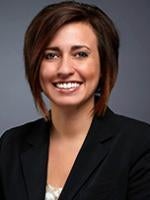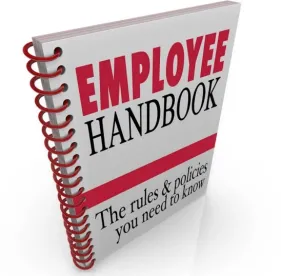The Supreme Court recently granted certiorari in Navarro v. Encino Motorcars, LLC, after the Ninth Circuit found that the FLSA exemption for overtime pay does not apply to car dealership service advisors. The relevant FLSA exemption applies to “any salesman, partsman, or mechanic primarily engaged in selling or servicing automobiles.” Service advisors diagnose vehicle service needs and suggest additional services for the maintenance of vehicles. They are paid on a commission basis only, and receive neither an hourly wage nor a salary.
Car dealerships have for years relied on the FLSA language and a comprehensive set of case law establishing service advisors’ exemption from overtime pay. In fact, the Ninth Circuit is the first court, state or federal, to find that the exemption does not apply to service advisors. The Ninth Circuit focused its analysis on the grammatical interpretation of the FLSA exemption—namely, whether both verb clauses (selling or servicing) apply to all three subjects (salesman, partsman or mechanic). Writing for the Ninth Circuit, Judge Graber found that only those employees who sell cars are salesman and only those who personally service vehicles are mechanics or partsman. The language of the FLSA, according to Judge Graber, does not logically allow the interpretation that all verb clauses apply to all subjects; therefore, it cannot be said that the exemption applies to a service advisor who is, essentially, a salesman engaged in servicing cars.
After intense grammatical foreplay, the Ninth Circuit’s decision was ultimately based on its interpretation of the Department of Labor’s regulatory definitions, which it argued are in line with the Ninth Circuit’s view. While the Ninth Circuit found the Department of Labor’s narrow definitions to be reasonable, the Fourth Circuit disagreed in its 2004 case analyzing the same exemption and definitions. The Fourth Circuit found the DOL’s narrow definitions to be unreasonable and instead held that the exemptions apply to anyone in the general business of selling or servicing cars, which includes service advisors.
The Fourth Circuit’s interpretation stands for the proposition that the limitations of selling or servicing cars apply to all three types of employees. In other words, the ordinary construction of a list of subjects (salesman, partsman or mechanic) followed by a list of verbs (selling or servicing) is that each subject is linked to each verb. The Ninth Circuit addressed this point and found it to be blatantly incorrect and in contravention of the DOL’s statutory definitions. The Ninth Circuit attempted to emphasize this point with the following hypothetical: “if my dogs or cats are barking or meowing, then I know that they need be let out.” It explained that, in the Fourth Circuit’s grammatical interpretation, that phrase would include a meowing dog and a barking cat. Most English speakers would make the logical conclusion that the implicit limitations of the phrase refer only to a barking dog and meowing cat. According to the Ninth Circuit, this analytical framework is equally applicable to the FLSA exemption and leads to the conclusion that service advisors are not exempt employees.
Grammatical intricacies aside, the Ninth Circuit’s decision rejecting the applicability of the exemption may have far-reaching implications for a workforce comprised of more than 50,000 service advisors. If allowed to stand, the decision will require restructuring of what has been a widely accepted and settled compensation practice in the nation’s car dealership industry.




 />i
/>i

